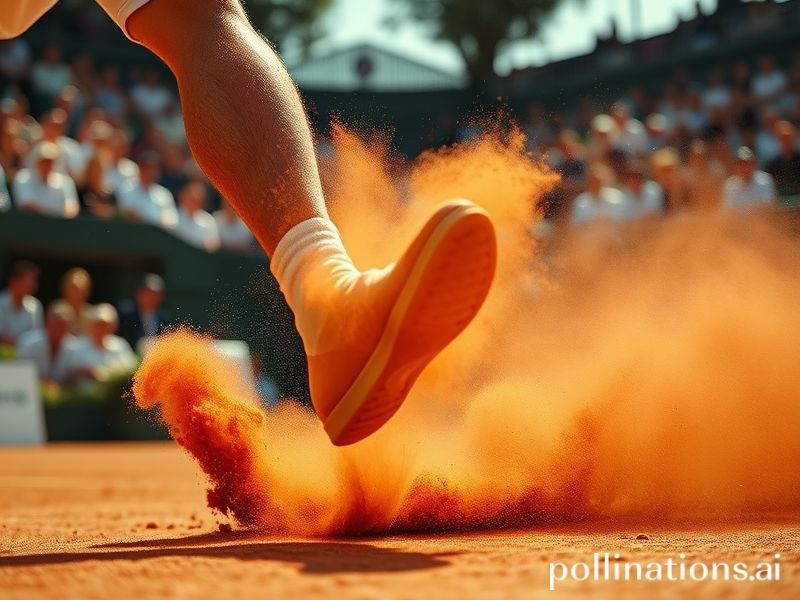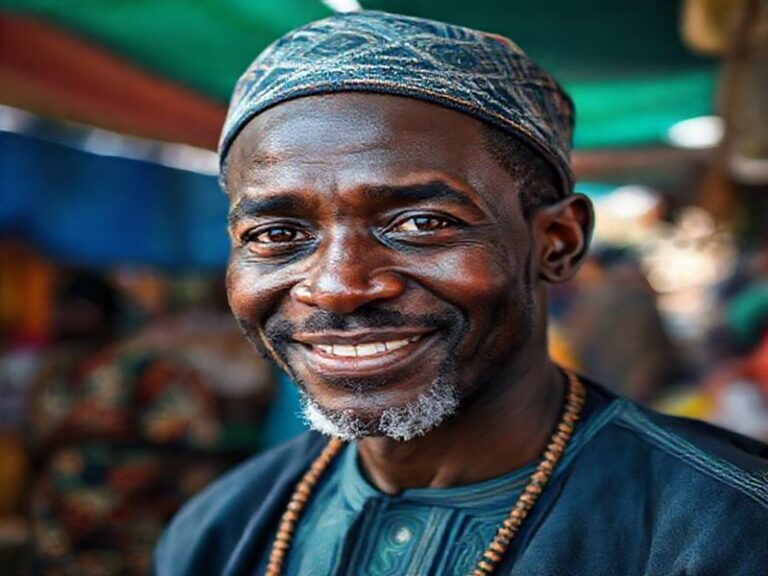Ugo Humbert: France’s Gloriously Unreliable Export to a World That Craves Certainty
**The Gentle Existential Crisis of Ugo Humbert, or How France Accidentally Exported a Metaphor**
PARIS—While the planet busied itself with the usual apocalyptic buffet—proxy wars, algorithmic tyranny, record-breaking heat that makes your shoes melt to asphalt—France’s 25-year-old tennis understudy Ugo Humbert has been quietly staging the most Gallic of rebellions: losing spectacularly, winning accidentally, and looking poetically disheveled in the process. In a sport increasingly ruled by cyborg baseline robots and their 37-shot rally scripts, Humbert’s racket work is less a game plan than a sigh in polyester.
Global implications? Oh, plenty. When a Frenchman ranked somewhere in the tennis hinterland (current position: drifting in and out of the top 30 like a tourist who can’t find Gare du Nord) knocks off a top-10 titan, world markets don’t flinch, but metaphysical seismographs twitch. Humbert is living proof that the universe still enjoys a practical joke—particularly one that involves a left-handed serve so fluid it could pour you a Sancerre, followed by a backhand that suddenly remembers taxes are due and panics.
Consider the geopolitical optics. The United States exports Netflix, China exports surveillance, and France, ever the contrarian, exports a 6-foot-2 existential question mark who plays as though he’s read Camus between changeovers. Ask him about strategy and he shrugs the way Parisians shrug when asked for directions: *“Bof, the ball goes, the ball returns, eventually we all retire to Provence.”* Meanwhile, the International Tennis Federation prays nightly for another Federer-Nadal final; what it gets is Humbert v. Some Guy You’ve Never Heard Of in a 2 a.m. EST snoozer that ends because one of them remembers tomorrow exists.
Yet the broader significance is sneakily profound. In an era when every human pursuit is data-modeled into predictive paste, Humbert remains gloriously resistant to algorithmic certainty. Betting houses calculate his odds using a special variable labeled *“Merde Happens.”* One week he polishes off Medvedev on a fast indoor court, the next he surrenders to a qualifier whose Wikipedia page is a disambiguation link. Statisticians call it variance; the rest of us call it *la condition humaine* with a tennis racket. If that isn’t a mirror for our volatile century—where democracies elect authoritarians for entertainment and billionaires rocket skyward to ask *“What climate crisis?”*—then nothing is.
And so, from Shanghai to São Paulo, insomniac viewers experience the Humbert Paradox: you tune in for an upset, stay for the slow-motion car crash, and somehow leave comforted that chaos still trumps code. His matches are Rorschach tests: optimists see talent on the cusp; pessimists see themselves forgetting why they entered the room. Both camps are correct, which is why therapists report a 15% uptick in clients citing *“that French tennis player’s forehand”* as a trigger.
Of course, national press officers insist Humbert embodies *“France’s new golden generation.”* Translation: we lost the old one in a wine cave and this photocopy will have to do. Sponsors slap luxury-watch logos on his wrist, hoping no one notices the timepieces stop whenever he faces break point. The European Central Bank briefly considered tying the euro to his first-serve percentage but feared deflationary spiral.
Will he crystallize into a perennial contender? Possibly. The alternative—drifting into the comfortable purgatory of *“dangerous floater”*—offers its own seductions: decent per-diem checks, first-class flights, and none of the tedious trophy-polishing that makes household names miss their own birthday parties. Plus, failure ages better in France; just ask their literary canon.
So, as COP summits stall and cryptocurrencies mine the last ounce of planetary dignity, take solace in Ugo Humbert, a man whose greatest consistency is inconsistency, whose career arc resembles a doodle drawn on a café napkin after the third espresso. He won’t save the world, but for two sets and a tiebreak he reminds us that uncertainty is the last honest product left—and that, mes amis, is worth a shrug and a slow clap from the international cheap seats.







